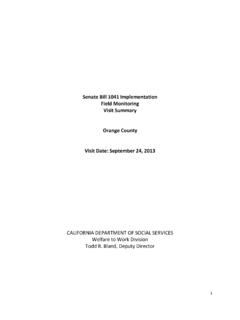Transcription of Understanding Iran Under Sanctions: Oil and the National ...
1 The contents of this paper are the author s sole responsibility. They do not necessarily represent the views of the Oxford Institute for Energy Studies or any of its Members. Oxford Energy Comment January 2013 Understanding Iran Under sanctions : Oil and the National Budget By William Yong, OIES-Saudi Aramco Fellow, MSc International Management, SOAS Alireza Hajihosseini, MSc Energy Economics, University of Aberdeen Abstract The efficacy or inefficacy of international sanctions has been a long-standing concern of observers of the Islamic Republic of Iran. Mainstream analyses have tended to address this question by attempting to gauge the resilience of the Iranian leadership in the face of economic hardship. This mode of analysis tends to present Iran s predicament as a zero-sum game in which the Islamic Republic will either give in to pressure from the USA and its allies, or continue to absorb this pressure.
2 What this mode of analysis tends to obscure is how sanctions are being absorbed by Iran s political elite in a continuous and dynamic fashion. This article will attempt to shed more light on this question by addressing the way in which diminished oil revenues have occasioned a shift in attitudes toward sanctions , as observed through the public statements of decision makers and the domestic media. This shift has been especially important in discussions surrounding the Iranian government budget for the forthcoming year ( 2013 /14). As discussions of how best to reformulate government finances have progressed, Iran s Oil Ministry has emerged as an important voice. With the political backing of the Iran Revolutionary Guards Corps (IRGC), the Ministry has lent its voice to calls for changes in the relationship between oil and the government budget.
3 The contents of this paper are the author s sole responsibility. They do not necessarily represent the views of the Oxford Institute for Energy Studies or any of its Members. Introduction Whether in order to further our scholarly Understanding , to forecast economic outcomes, or to inform international policy, observation of the hydrocarbon sector of the Islamic Republic of Iran demands an appreciation of how deeply the industry is embedded in the country s economic and political spheres. Iran s designation as a petroleum state can be understood in two important and interlinked senses. First, Iran is an oil producer and a participant in global energy markets. Second, Iran s economy is heavily reliant on oil and gas as its primary source of foreign currency earnings as well as for implicit subsidies on both domestic energy consumption and industrial production.
4 International sanctions have a direct impact on Iran in both of these realms. International pressure on the oil majors and financial institutions has restricted foreign involvement in Iran s hydrocarbon sector to a minimum. This has put a particularly severe strain on the country s ability to maintain the production levels of mature wells desperately in need of enhanced oil recovery (EOR) techniques, to develop the offshore supergiant South Pars natural gas field, and to build a refining industry able to serve the domestic need for refined products let alone produce a surplus for export. More recently, an EU import ban and US pressure on major Asian oil consumers have been successful in reducing Iran s overall level of export receipts, severely reducing the primary revenue stream of the government.
5 This drop in revenues has been the catalyst for a new openness in the discourse within the Iranian political elite regarding the effects of sanctions on the economy. The assertion that Iran is completely impervious to any ill effects has, over the course of a few short months, given way to an open acknowledgement of unprecedented difficulties that necessitate immediate action, particularly with regard to the role of the government in the Iranian economy. This shift in the political centre ground, on such an important National issue, has become the primary thrust in the debate to frame government spending plans for the next Iranian fiscal year (beginning in March 2013 ) especially in relation to the size of the government budget (and by association, the size of the government itself) and to the immediate and future role of oil revenues in the public purse.
6 Viewed from the perspective of the oil sector, debates on the forthcoming budget legislation form the nexus in which the spending demands of the government meet and interact with the The contents of this paper are the author s sole responsibility. They do not necessarily represent the views of the Oxford Institute for Energy Studies or any of its Members. investment needs of the industry. Iran s annual budget determines the distribution of oil revenues to the government, which in turn determines the extent to which it is able to draw on oil income to feed other areas of the economy. Since the oil sector is itself a nationalized industry the budget is also the document that determines the amount of its income available for reinvestment.
7 As elites jostle to configure fiscal policy that will accommodate a continued tightening of export income over the coming years, Iran s oil industry has found a new voice with which to influence this debate. The voice now heard in the advocacy of oil industry concerns is that of a newly empowered Oil Ministry, having the Iran Revolutionary Guards Corps (IRGC) lending backbone to what, for most of its history, has been a hollow and compromised institution. The Ministry, Under the stewardship of the country s most powerful security organization with its growing economic interests, has emerged with a strong claim for a privileged position. It is the intention of this comment to outline the main trends that have emerged in the political and media discourse in relation to this shift in public orientation towards international sanctions .
8 By drawing out these trends a picture will emerge, indicating likely paths that the Islamic Republic may steer in order to avoid crisis a picture that standard analyses of Iran s position fail to grasp due to a myopic focus on hard data such as macroeconomic indicators and other symptoms of economic hardship. Particular attention will be given to the position of the oil sector, as new dynamics in relation to sanctions have brought oil sector concerns increasingly to the foreground in the current debate. Iran since the oil export ban In July 2012, the European Union imposed a ban on the transport, purchase, and import of Iranian crude oil and petroleum products. Together with US sanctions and unilateral pressure on Iran s Asian oil consumers, these measures were designed to be the toughest action yet seen in the campaign of shifting Iran s position with regards to its ongoing nuclear enrichment programme.
9 Before the Western sanctions came into effect, Iran had been exporting around million b/d of crude, of which Europe accounted for some 600,000 b/d and Asia million b/d. According to the IEA, Iran s total oil exports had already dropped to million b/d in June 2012, and declined further to only 1 million b/d by July. In addition to the loss of European purchasers, by August 2012, crude exports to Iran s top five non-European buyers (China, India, The contents of this paper are the author s sole responsibility. They do not necessarily represent the views of the Oxford Institute for Energy Studies or any of its Members. Japan, South Korea, and Turkey) were down by nearly half from the start of the year. Though Iranian crude has since become increasingly difficult to track, industry estimates put Iran s current exports at around 900,000 b/d,1 representing a decline of more than 50 per cent compared with last year.
10 Analysts have estimated that Iran is losing $ billion in monthly revenues as a Oil export worries have spilled over into a crisis of confidence in Iran s currency, the rial, which by some estimates lost around 40 per cent of its value against the dollar in september Currency devaluation has also fed increases in prices. The most recent statistics from Iran s central bank show inflation to be running at 26 per cent, although many believe the real rate could be as high as 50 per cent4 or even 70 per Iran s poor economic health is also reflected in alarming rates of unemployment with the proportion of those out of work in the agricultural sector standing at per cent, in manufacturing per cent, and in the service sector as much as per In its semi-annual World Economic Outlook, the IMF has forecast that Iran s GDP would shrink per cent this year after a growth of 2 per cent in None of these indicators augurs well for Iran s short- to medium-term economic prospects, and yet, knowing all of this.


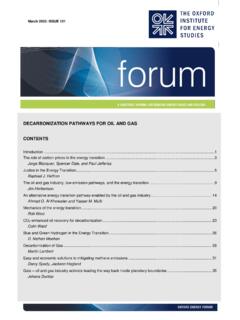

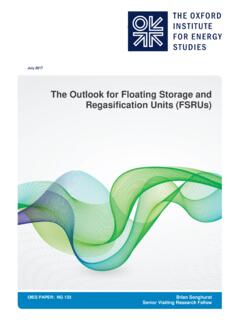


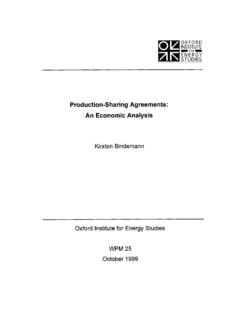
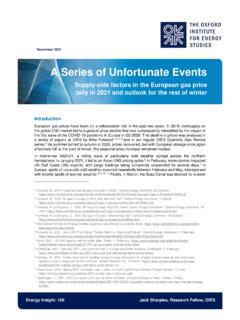

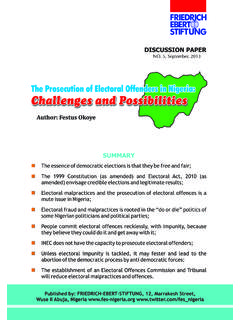

![INTRODUCTION Downloaded by [INFLIBNET Centre] at 03:49 …](/cache/preview/7/d/5/1/8/4/b/1/thumb-7d5184b131d625e4e1404db358b6884b.jpg)





